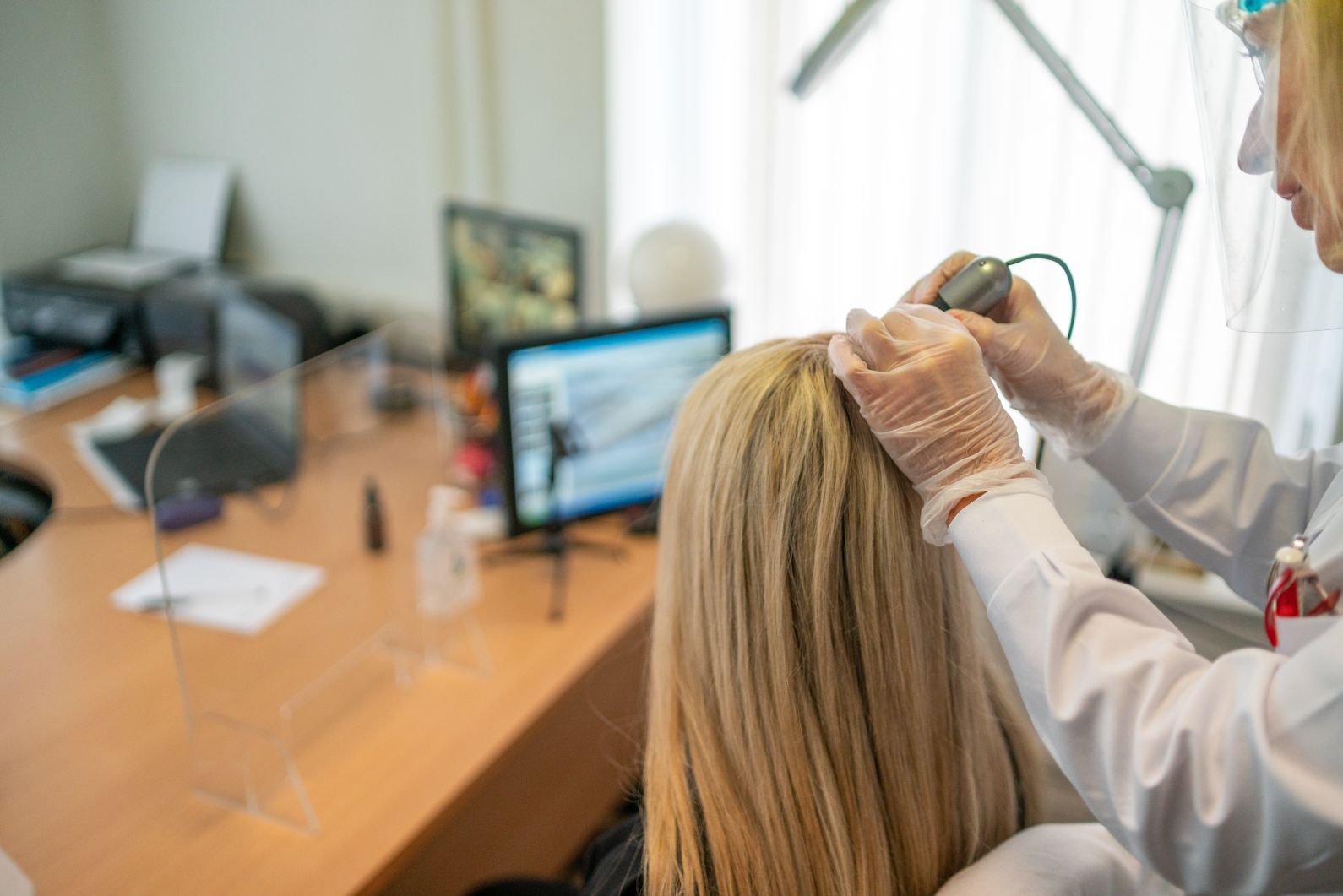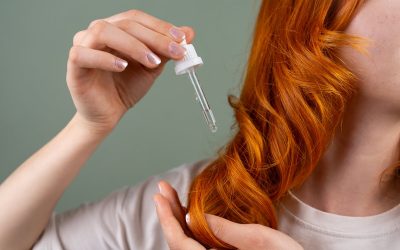For a time, hair loss was greatly associated with men. One reason for this is that, when hair loss affects men, the effects are easily noticeable. For some, their hairline recedes creating an M-shaped pattern. Then, there are also those who end up losing all their hair. What’s more is that alopecia, the medical term for hair loss, tends to happen earlier in males. All these make a number of people think that only men suffer from alopecia.
The truth, however, is that women also suffer from hair loss. It is estimated that around half of the population of females will suffer from alopecia at some point in their life. Furthermore, reports show that at least 50% of women aged 65 experience noticeable hair loss. The top cause of alopecia in women is female pattern hair loss (FPHL), said to be a hereditary condition.
What makes alopecia in women different is that it rarely results in baldness. Its primary effect is reduced hair volume or popularly referred to as hair thinning. This is, perhaps, one of the reasons behind the notion that this condition is exclusively a male thing.
Over the years, as information became more accessible, awareness about female hair loss has grown. Yet, the stigma remains which is why a lot of women suffer in silence.
Women are no different than men in that they regard their hair as an important part of their appearance. To be more precise, they believe that having a thick head of hair is essential for them to be attractive. Moreover, many see it as an integral part of their identity, at times, colouring or styling it differently to set themselves apart from others. These are just some of the reasons why hair loss can be extremely emotionally distressing for women.
Various studies have shown that when women lose their hair, their self-esteem greatly suffers. In one survey, over 90% of respondents said that their confidence plummeted because of their alopecia. Many of them even claimed that they felt unattractive to the point that they have stopped wanting to be photographed.
Furthermore, over 50% of the women surveyed said that their hair loss has prevented them from living a full life. This is not surprising since other studies found out that some women suffering from hair thinning become socially reclusive. They avoid activities wherein they need to interact with other people because they are scared that their condition might get noticed.
Even the personal relationships of some women with hair loss problems suffer. Thinking that they are no longer attractive, they start fearing that their partners would leave them.
It is undeniable that coming to terms with their thinning hair is something that most women struggle with. In fact, merely discussing their condition with someone, even their best friend, is already upsetting for them. This is why, instead of speaking up, some prefer not to talk to others about their condition. This can make matters worse as the sufferer may feel isolated; it may also trigger depression.
If you are suffering from hair loss, please know that you are not alone. It may be difficult to talk about what you are going through, but doing so can help you better deal with your alopecia. Talk to loved ones about how you feel early on and convey the kind of support you want to get from them.
There are also organisations which offer safe spaces where sufferers can discuss their condition with people who are going through the same experience. Here, you won’t just be getting useful information about hair loss; you’d also get the emotional support you need.
More importantly, there are treatments available to slow down the hair loss process. You just have to make sure that you seek medical help immediately. The earlier the problem is detected and treated, the higher the chances are of achieving favourable results.
Learn more about how hair loss affects women. Call us now at 016793618 and schedule an appointment with our trichologist.
—
Image by Jonas Svidras from Pixabay



